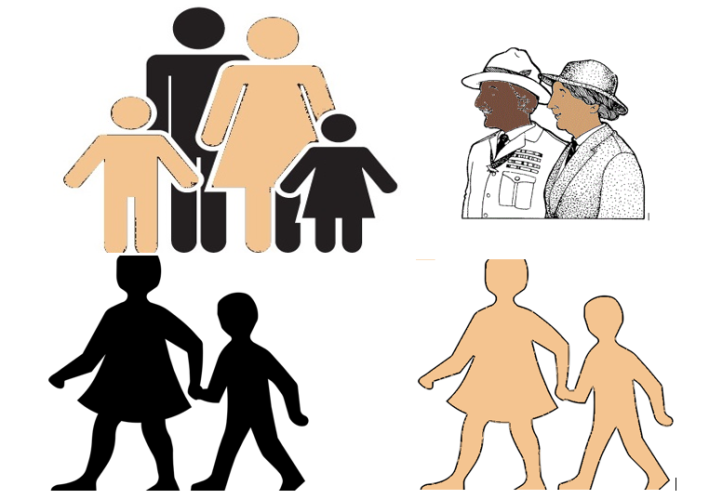- Home
- GROUPS
- Interest Groups
- Household Dynamics & Poverty
Household Dynamics & Poverty

The household is the basic building block of society and the unit of production as well as of reproduction. It is the primary context of socialization and decision-making regarding the nutrition, health care and schooling of children. The household is also a key context for the regulation of new unions, fertility, and migration. Almost all social institutions hinge on the household.
Household structure is not static. Children may move from one type of living arrangement to another: living with two parents, living in a step family household, living with a single parent, living with siblings without adults, living apart from biological parents. Despite increasing changes being observed in connection with the structure and composition of households in developing countries, little is known about the relationship between changes in children's living arrangements and their wellbeing indicators.
Against this background, the Household Dynamics interest group organized a data analysis workshop on the effect of changes in children's living arrangements on their health and education outcomes as well as on sexual intercourse debut in low and middle income countries. The workshop, held in Accra, Ghana from November 22-27, 2013, aimed to compare definitions and measurement of key concepts; to standardise tools to enable comparison between INDEPTH member sites; to conduct comparative statistical analyses of the relationship between changes in children's living arrangements and their wellbeing outcomes; to draft papers on this relationship; and to prepare a special issue on the topic for the African Population Studies journal.
